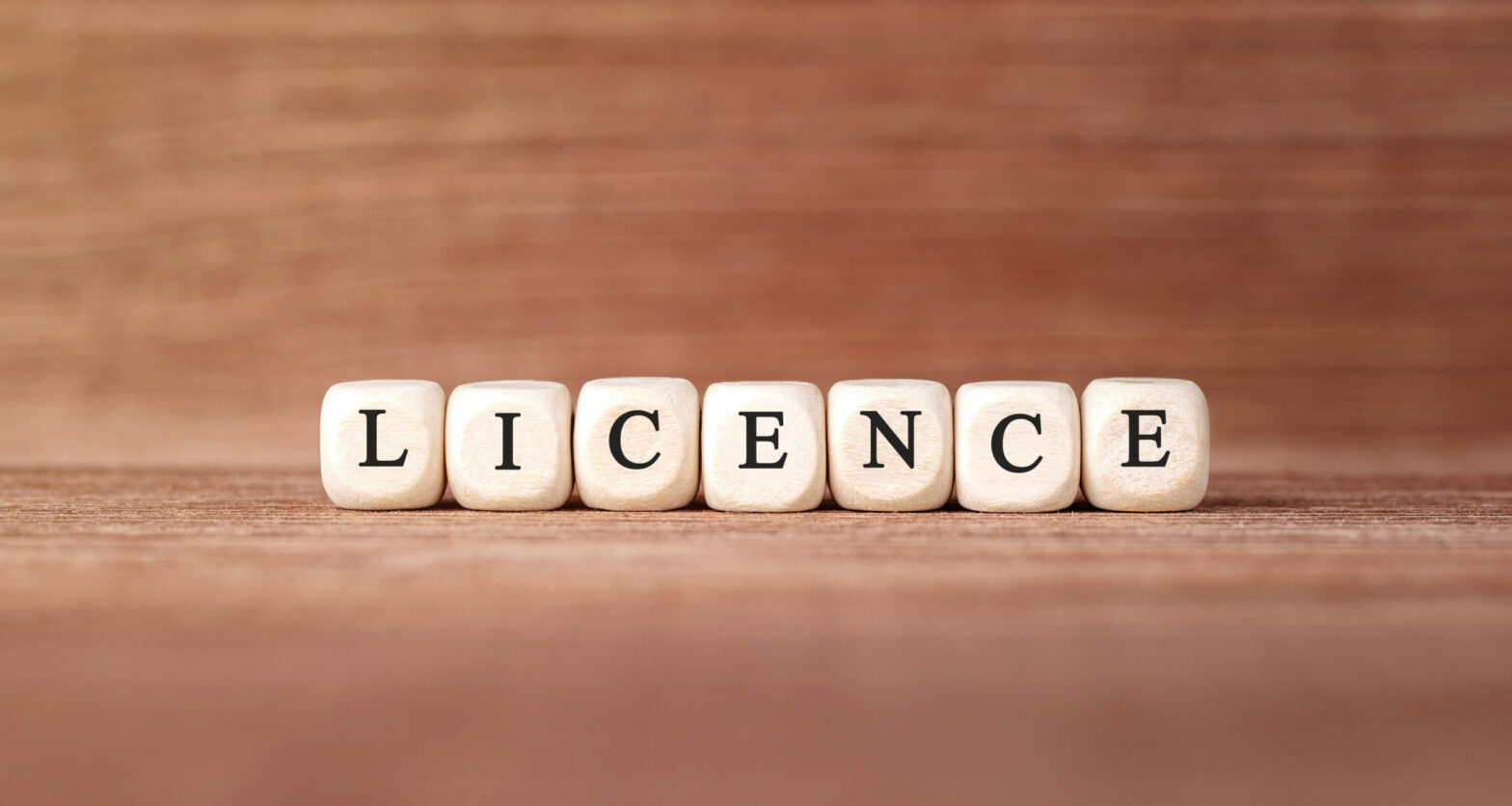Before you even start trading, it’s essential that you get your business licence applications in place.
Most firms will need a licence of some kind – in fact, some may need several. They include the ones you expect like an alcohol licence… but then you’ve got the more obscure ones like putting chairs and tables on the pavement.
We’ll help you establish just what licences you need for your small business.
Which types of businesses need a licence?
Anywhere that sells liquor will need an alcohol licence and if you’re in a building, you’ll need a premises licence too.
You will definitely need a licence if your business is involved in the following areas:
- Childcare
- Dog breeding
- Ear piercing
- Gambling services
- Taxi driver
- Fitness coach/personal trainer
- Pet shop owner
- Credit and financial services
- Security guard
- Goods hauling (HGV)
- Import and export
- Food businesses
- Tattoo parlour
Let’s take a couple of examples to see how it all adds up.
Beauty salon
The first thing to check is the media that’s playing within your salon, whether that be a TV licence or a licence to play music. After that, apply for a CCTV licence, a pavement or street display licence and a premises licence – that’s if you intend to give your clients a glass of bubbly with their cut and blow dry.
Don’t forget your application to process personal data from the Information Commissioner’s Office (ICO).
Food truck
A food truck owner will need a street trading licence (apply at least 28 days before you start trading). If you don’t get one you could be fined up to £1,000. Make sure that you and all of your staff have a level two food hygiene certificate too – you can do a day course for around £100 each.
Temporary licences
Not only that, you’ve got temporary licences to take into consideration. They’re available for street parties and other one-off events. Again, consider everything and do a licence check as part of your initial research.
With one-off events you need a licence to sell booze (but not if you’re giving it away) and selling food after 11pm. You’re allowed alcohol as a raffle prize, but restrictions apply on what entrants can win – consult your local council. If your raffle prizes equate to more than £500, tell your council as you may have to register it as a lottery.
Where do I apply for licences?
Generally, your first stop for licences is your local authority. With other types of business you need to go through a professional body like the DVLA, the Gambling Commission or the Financial Conduct Authority (FCA). Childcare licensing is split into the UK’s component countries:
- Ofsted in England
- Care Inspectorate in Scotland
- Care and Social Services Inspectorate in Wales
- Department of Health, Social Services and Public Safety in Northern Ireland
If you’re starting a business outside England, it’s best to check your local authority as there may be a devolved body which deals with your specific business licence.
Again, take everything into account. For example, if you want to play music within your premises, sign up to PPL PRS. They deal with everything music licensing.
Similarly, a TV licence is required for business premises that have a TV, even if it’s playing on mute in the background.
The Security Industry Authority is the one to contact for a CCTV licence. You even need a Pedlar’s Certificate if you’re selling door-to-door (but not if you visit customers and don’t sell to them). Apply at your local police station.
Take a shortcut with the government’s licence finder. It’ll ask you a few questions about your business activities to pin down exactly what licences you need.
Most of them will need a Criminal Records Bureau (CRB) or a check under the disclosure and barring service (DBS).
See also: Is your CCTV system GDPR compliant?
How much will a licence cost?
The cost will be dependent on the type of business you want to run, where you’re based and the type of licences you’re applying for. It varies from £100 to a few hundred pounds.
For example, CCTV licences are £210 and last for three years. Licences come in two forms: one for front-line operatives and one for non-frontline staff such as managers.
Why do I need business licences?
In some instances, you need a licence for health and safety reasons. Having a licence also keeps you in line legally, holding your business accountable for its actions and encouraging best practice. Finance-wise, it helps you keep track for tax purposes.
What happens if I don’t get a licence?
Those who don’t have a licence could be fined or imprisoned.
Not only that, you need to obey the terms of the licence otherwise you could be fined, convicted or have your business shut down. You may not be allowed to apply for the relevant licences again, putting your business at real risk.
This applies to other legal requirements like public liability insurance as well.
For anything we haven’t covered here, check your local authority’s business licence web pages. They’ll lay down the terms and conditions, costs and timelines.
Read more
Here’s the key insurance cover that your small business needs





